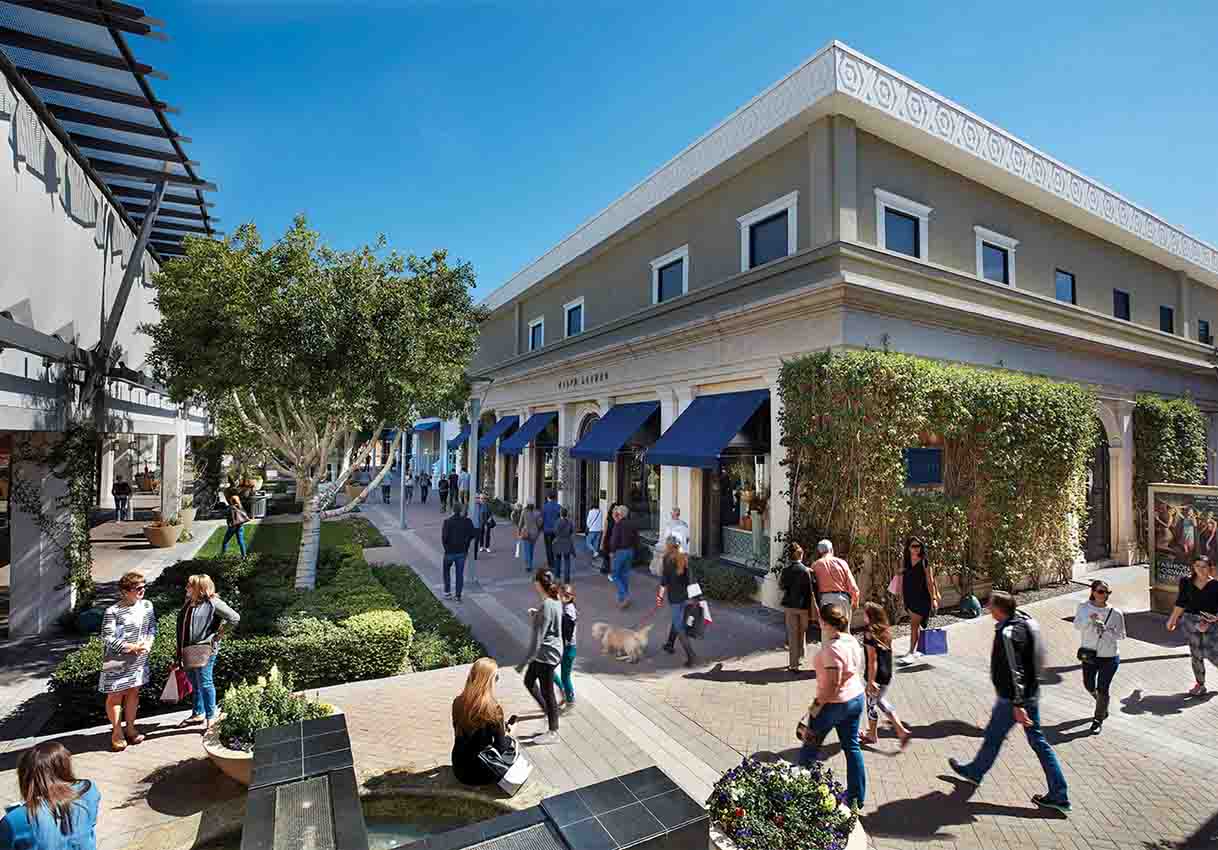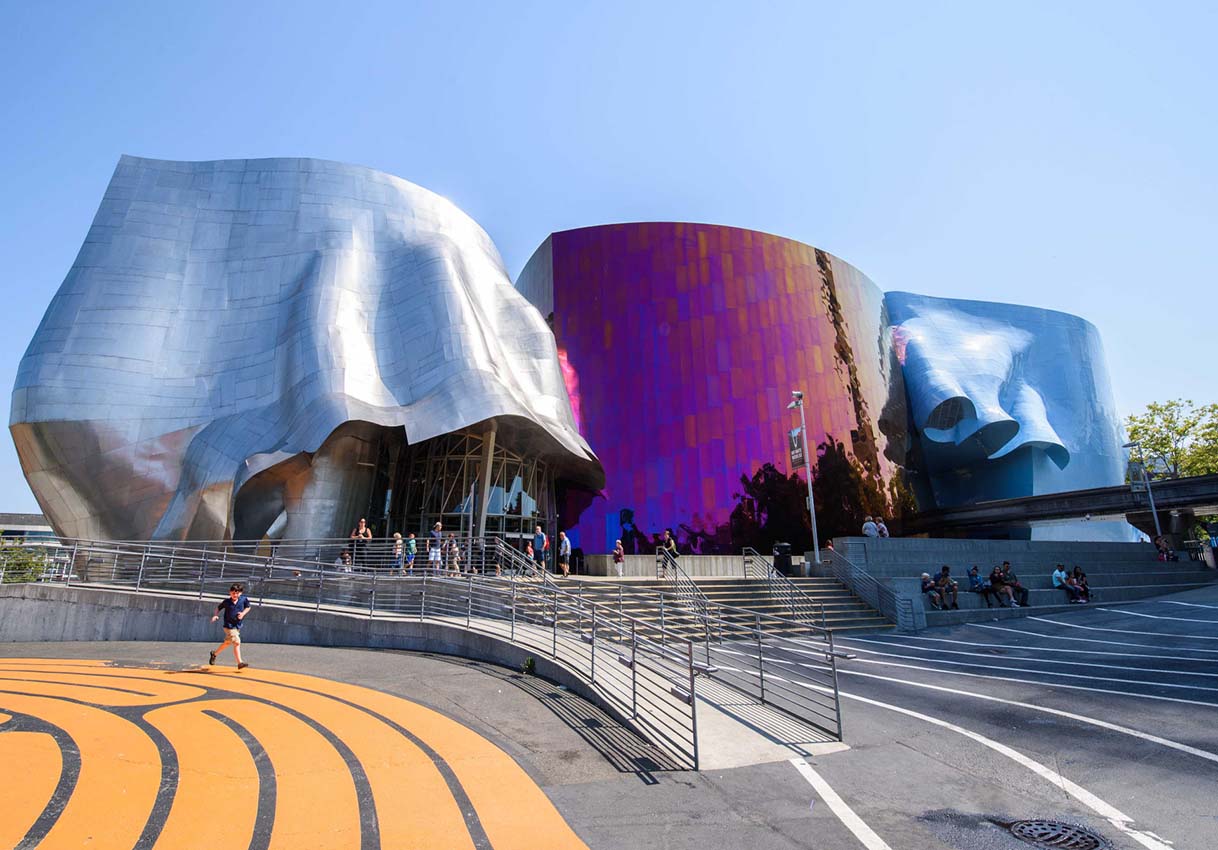Kano, an ancient and culturally vibrant city in Nigeria, beckons travelers with its remarkable marketplace scene, a testament to centuries of trade and heritage. We invite you to embark on an exploration of Kano’s dynamic markets, where a diverse array of goods awaits, ranging from traditional crafts to contemporary products. Immerse yourself in the essence of Kano through its marketplaces, where history, culture, and commerce converge.
The Markets of Kano

1. Kurmi Market
Kurmi Market, one of West Africa’s largest markets, teems with life and activity. It offers an extensive range of merchandise, from spices and textiles to modern electronics and exquisite jewelry. Navigating the market’s intricate alleys is an adventure in itself, captivating both shoppers and photographers.
2. Sabon Gari Market
Sabon Gari Market is celebrated for its vibrant textiles and fabrics. It’s the ideal destination for acquiring traditional Nigerian attire bursting with color and character. Embrace the opportunity to engage in the art of bargaining with local vendors, securing unique pieces of clothing.
3. Kofar Wambai Market
Kofar Wambai Market specializes in the trade of traditional herbs, spices, and cosmetics. The market’s fragrant ambiance envelops you as you peruse a spectrum of aromatic spices and medicinal herbs.
4. Kantin Kwari Market
Kantin Kwari Market is renowned for its leather goods, including intricately designed shoes, bags, and belts. It serves as a haven for those seeking high-quality leather products at reasonable prices.
5. Dala Hill Pottery Village
To immerse yourself in Kano’s rich artistic heritage, a visit to Dala Hill Pottery Village is a must. Here, artisans meticulously craft exquisite pottery using traditional methods. You can purchase one-of-a-kind pottery items as souvenirs or gifts.
6. Yanlemo Market
Yanlemo Market shines a spotlight on local crafts, featuring handwoven textiles, baskets, and woodwork. It’s an excellent opportunity to support local artisans and take home authentic Kano craftsmanship.
Shopping Tips

- Negotiation Skills: Bargaining is a common practice in Kano’s markets. Be confident in negotiating prices while maintaining respect.
- Local Currency: Ensure you have Nigerian Naira (NGN) in cash, as many vendors may not accept credit cards.
- Exploration: Take your time to explore the markets thoroughly. Hidden gems and unique items often reveal themselves when you venture off the beaten path.
- Respect for Customs: Dress modestly when visiting markets as a sign of respect for local culture.
Culinary Experiences
While navigating Kano’s markets, don’t miss the opportunity to savor the city’s culinary delights. Street vendors and local eateries offer an array of traditional Nigerian dishes, including suya (grilled meat skewers), jollof rice, and masa (rice cakes).
Delving into Kano’s marketplaces is a sensory voyage through a city steeped in history and culture. It’s an opportunity to engage with local residents, bolster artisans, and become immersed in the vibrant tapestry of this Nigerian metropolis. As you weave through bustling alleyways, negotiate with merchants, and uncover handcrafted treasures, you’ll develop a deeper appreciation for Kano’s rich legacy and the enduring spirit of its marketplaces. Whether you seek unique souvenirs or simply wish to soak in the atmosphere, Kano’s markets promise an unforgettable adventure that will etch enduring memories of your travels.




